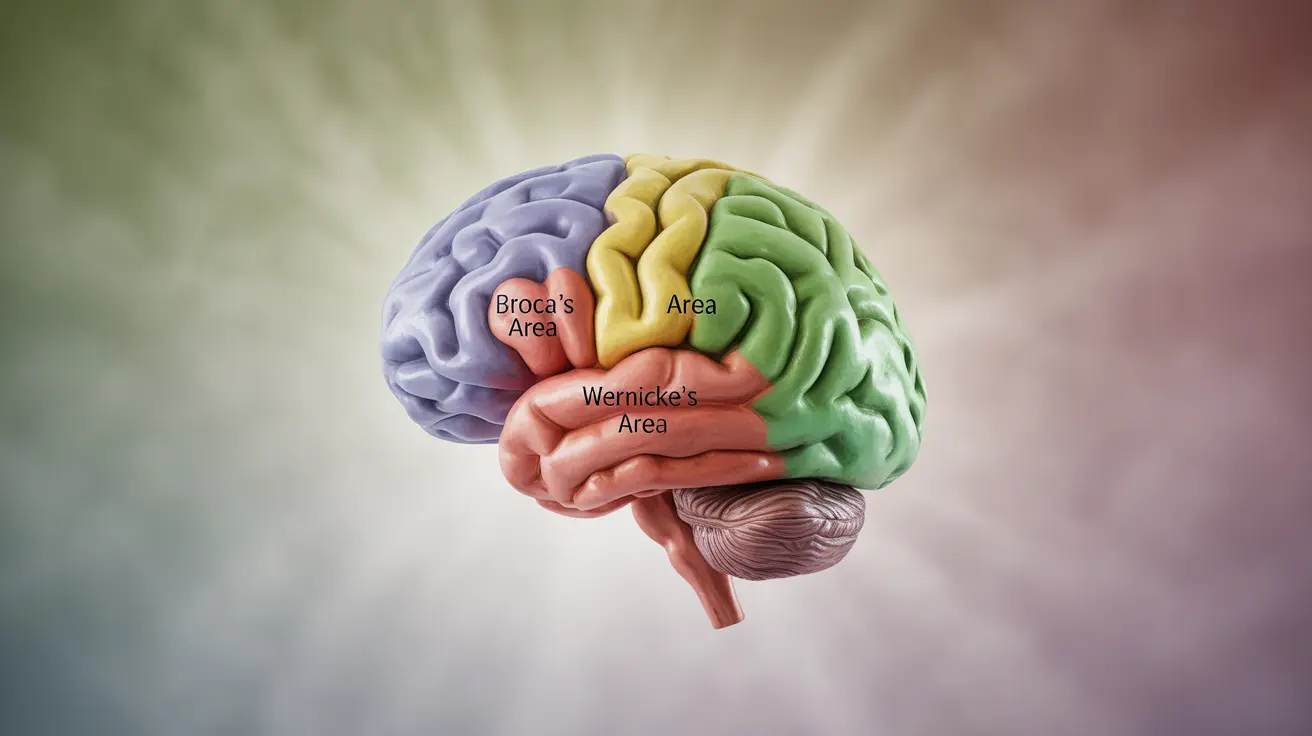Aphasia symptoms can significantly impact a person's ability to communicate effectively, affecting both their ability to express themselves and understand others. This communication disorder typically occurs after brain damage, most commonly from a stroke, and can present in various ways depending on which areas of the brain are affected.
Understanding these symptoms is crucial for early recognition and proper treatment. Whether you're a patient, caregiver, or concerned family member, knowing what to look for can help ensure timely medical intervention and support.
Common Signs and Manifestations of Aphasia
Aphasia symptoms typically manifest in several key areas of communication:
Speaking Difficulties
People with aphasia often experience:
- Speaking in short, fragmented phrases
- Creating sentences that don't make sense
- Using incorrect or made-up words
- Having trouble naming common objects
- Speaking with unusual or incorrect word order
Comprehension Challenges
Many individuals with aphasia struggle with:
- Understanding complex conversations
- Following fast-paced speech
- Interpreting figurative language or jokes
- Processing long sentences
- Following written instructions
Reading and Writing Issues
Written communication challenges may include:
- Difficulty reading previously familiar texts
- Problems writing coherent sentences
- Trouble signing their name
- Inability to understand written messages
- Challenges with numbers and calculations
Types of Aphasia and Their Distinct Symptoms
Broca's Aphasia
This type is characterized by:
- Halting, effortful speech
- Preserved comprehension abilities
- Difficulty forming complete sentences
- Frustration due to awareness of communication problems
Wernicke's Aphasia
Key symptoms include:
- Fluent but meaningless speech
- Poor comprehension of spoken language
- Difficulty understanding others
- Unaware of their own communication errors
Global Aphasia
The most severe form presents with:
- Severe impairment in all language abilities
- Limited speech output
- Poor comprehension
- Difficulty with reading and writing
When to Seek Immediate Medical Attention
Certain symptoms require emergency evaluation, especially if they occur suddenly:
- Sudden difficulty speaking or finding words
- Unexpected problems understanding speech
- Abrupt onset of confusion
- Facial drooping or weakness
- Severe headache with communication problems
Treatment and Recovery Options
Several therapeutic approaches can help manage aphasia symptoms:
- Speech and language therapy
- Group therapy sessions
- Computer-based therapy programs
- Communication aids and devices
- Family education and support programs
Frequently Asked Questions
What are the most common symptoms of aphasia after a stroke?
The most common symptoms after a stroke include difficulty finding words, speaking in broken sentences, problems understanding others, and challenges with reading and writing. Patients may also struggle with naming objects and forming grammatically correct sentences.
How can I recognize the different types of aphasia based on their symptoms?
Different types of aphasia have distinct patterns: Broca's aphasia shows halting speech with good comprehension, Wernicke's aphasia presents as fluent but nonsensical speech with poor comprehension, and global aphasia affects all aspects of language use and understanding.
Why do people with aphasia have trouble finding the right words or forming sentences?
This difficulty occurs because aphasia affects the brain's language centers, disrupting the neural networks responsible for word retrieval, sentence formation, and language processing. The specific challenges depend on which areas of the brain are damaged.
When should I seek emergency help for sudden language difficulties that might indicate aphasia?
Seek immediate medical attention if you or someone else experiences sudden onset of speech difficulties, confusion, facial drooping, or severe headache with communication problems, as these could indicate a stroke or other serious medical condition.
What treatments or therapies are available to help improve communication in people with aphasia?
Treatment options include individual speech and language therapy, group therapy sessions, technology-based communication aids, and comprehensive rehabilitation programs. The specific approach depends on the type and severity of aphasia symptoms.




